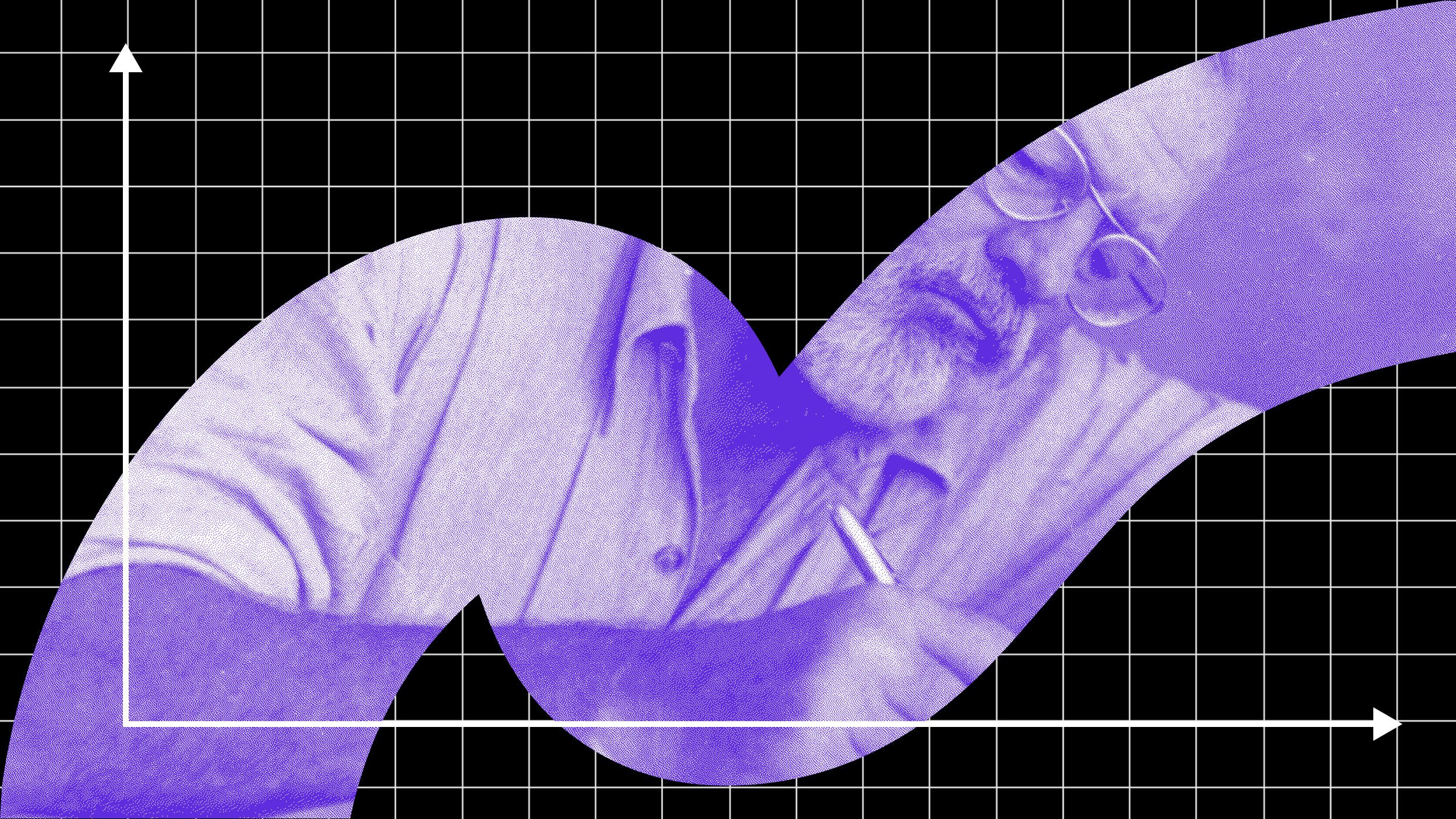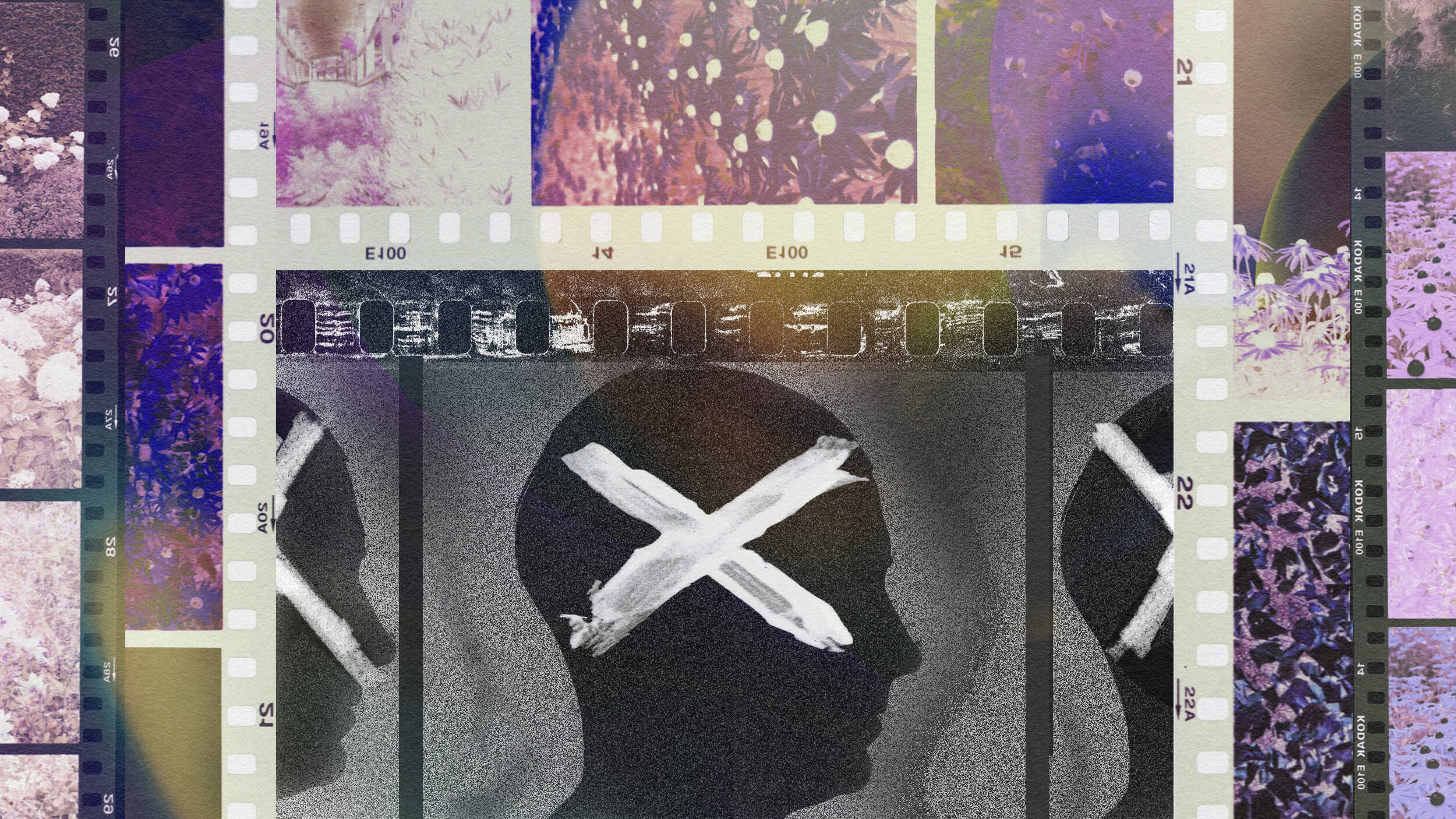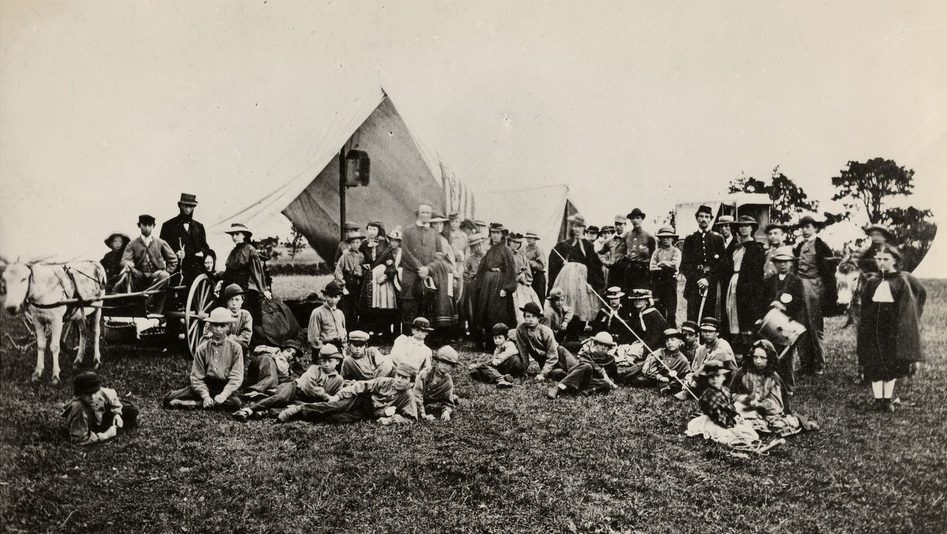Anna Deavere Smith recalls her childhood in segregated Baltimore, and how she found her way out West and into the theater.
Question: Who are you?
Anna Deavere Smith: Anna Deavere Smith. Actress/playwright.
Question: Where are you from and how has that shaped you?
Anna Deavere Smith: Well I was born in an all-black hospital, so that gives you a sense already that there was still such a thing as that. And I suppose there are in some places. So the town was, for all intents and purposes, a segregated town. My mother was in labor for five days. I’m not sure if we had been in a different hospital, if there would have been a kind of different situation.
But I sort of came down the birth canal and then turned back up. So I always had the feeling that maybe I saw something that I decided I’d just take a little bit longer coming along.
And I went to an elementary school that was also all – at the time – colored children, Negro children.
And a lot happened by the time it was time to go to junior high. And I went to a predominantly Jewish junior high and a predominantly white high school. But that wouldn’t have happened, for example, if I were five years older.
And I grew up, in many ways, in a different Baltimore than my mother and my father. And I think one’s past always comes and goes. But now in 2007, what I find myself often calling up about Baltimore is that the people that I grew up around were nice people. And so niceness has become very important to me now. And I find myself thinking about that sort of kindness, love of children, the importance of my church, kind of quest for fairness and justice in the nation as a whole. And I think about that a lot, and try on a daily basis to emulate some of that behavior in the way I go about my life.
Question: Who was your greatest influence when you were young?
Anna Deavere Smith: Well it was really a community that I grew up in. The culture that was right around me; the people who I would call my friends and family, for the most part they were colored people.
And my mother and father had a big effect on me. My paternal grandfather, my maternal grandmother had a big effect on me.
There was a woman next door called Ms. Johnson who was actually a very large woman – maybe she weighed about 400 pounds – she had a huge effect on me. She was a great story teller, and I used to ask her to tell me stories all the time. And when kids were out playing – we didn’t have stick ball in the street – but our version of softball or baseball in the back alley, I would most likely be found talking to Ms. Johnson and asking her to tell me often the same stories over and over again.
And so I think that my desire to hear a story, which came from when I was very young, is still with me now and has a huge influence on me.
The minister of my church and his wife have a big effect on me.
And then I think the tougher part had to do with my school in junior high, because the kids in that school really stayed in groups that had mostly to do with race and social class. So for example, even among the Jewish kids, it was really clear to me they had a certain pecking order. And the kids whose families had recently come, for example, from Eastern Europe were segregated away from those who were more assimilated. And that really bothered me. And you know when something bothers you, you can, on the one hand, turn it into something, which I’ve tried to do in my life. But there’s another way in which the effect of it never really goes away, and you sort of see those same things in your own life.
And certainly we live in a world that may not be segregated in the way that parts of this country were; but we live in a very tribal kind of world now where there seems to be an almost insurmountable challenge in terms of how do we soften those borders and boundaries.
Question: When did you first become conscious of race?
Anna Deavere Smith: Well I can’t remember not being conscious of race. I guess I’d have to have been pretty lingual, because even though most of the people around me were African-American people, there was still a sense when you went into other parts of Baltimore that there were White people.
Or for example, my maternal grandmother took my brother and I and enrolled us in a camp when I was eight and he was six. And everybody in that camp was white except for one African-American girl. My brother had blue eyes and blond hair, so people didn’t always know that he was black. And so, you know, I was very conscious in that camp of not being white, and I was eight years old then.
So I think it’s something that in my generation is pretty deeply ingrained. I don’t think that my niece, who is nine, has the same experience. She’s conscious, but I don’t think she’s self-conscious in the way that I was, because the message to us was that it was something that wasn’t necessarily that great. And so you had to count on the people in your family, your church, and the people who were closer to you to try to make sense of that.
Question: What did you think you would be doing professionally when you were growing up?
Anna Deavere Smith: Well I didn’t really become involved in the theater until after I got out of college. When I was a younger woman, for example, I wanted to be a linguist. And I thought that maybe there was some sort of job that I could have ultimately that would have to do with learning many languages and doing something about these things we’ve been talking about, how people don’t get along very well.
And it’s interesting that I wanted to learn other languages and take that into the world, because I could have said well, I wanted to follow on the heels of Martin Luther King and do something about race relations in this country. But I really had a desire to be in the world, and to try to do something about “tribalism”. And I thought that one way to do that--and I use “tribalism” in quotations--discord between groups. And I thought that language was a part of that somehow. So I guess I thought that being able to talk to one another, as trivial as that sounds, I think I really believed in that possibility as a young woman.
And when I was in college, a lot of things happened in this country that left many of us in kind of a quandary as to what we should do with ourselves and with the country. Martin Luther King was killed when I was in college. And so I went away to California with the notion that I would so something in social change. But by the time I got there, which was the early ‘70s, the movement was really over. People were just beginning to assemble themselves, I think, to become what became the Yuppies of the 1980s. So that was like over. Nobody was into questioning things anymore. There was a sense that people were just trying to put things back together.
And in that period, I happened to go to an acting class pretty much, kind of accidentally. And I thought, “Oh my goodness. Everyone’s changing.” So I thought this would be a great laboratory in which to study change with the expectation that I would then go ahead and do something about social change. But once I got that bug – not so much the bug of acting, I have to say, but more the bug of the study of it – the bug of the process of creativity really took me by storm and changed my life. And so in three years, I sort of redirected my goals completely.
Recorded on: Aug 22, 2007





